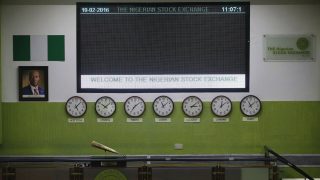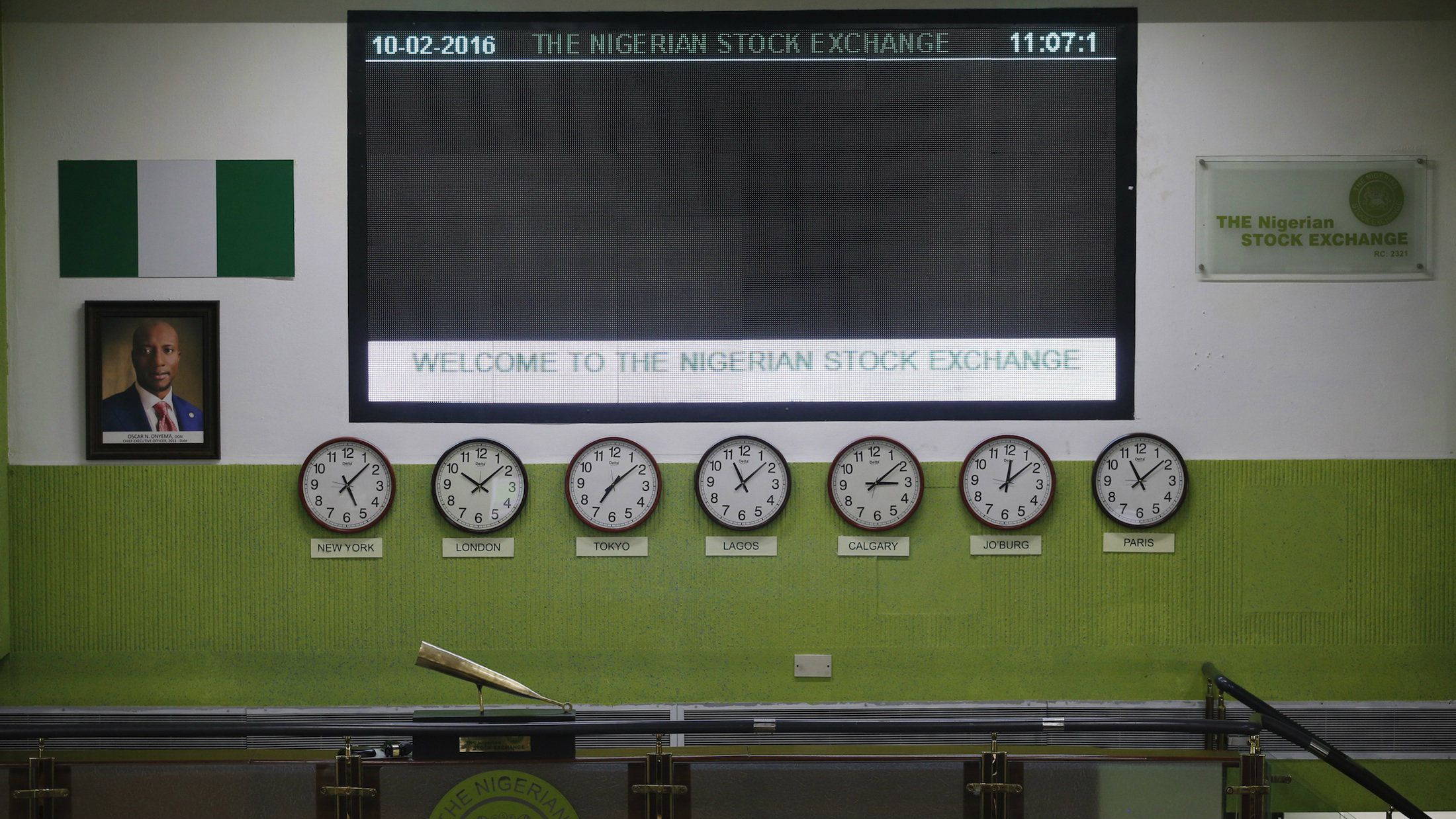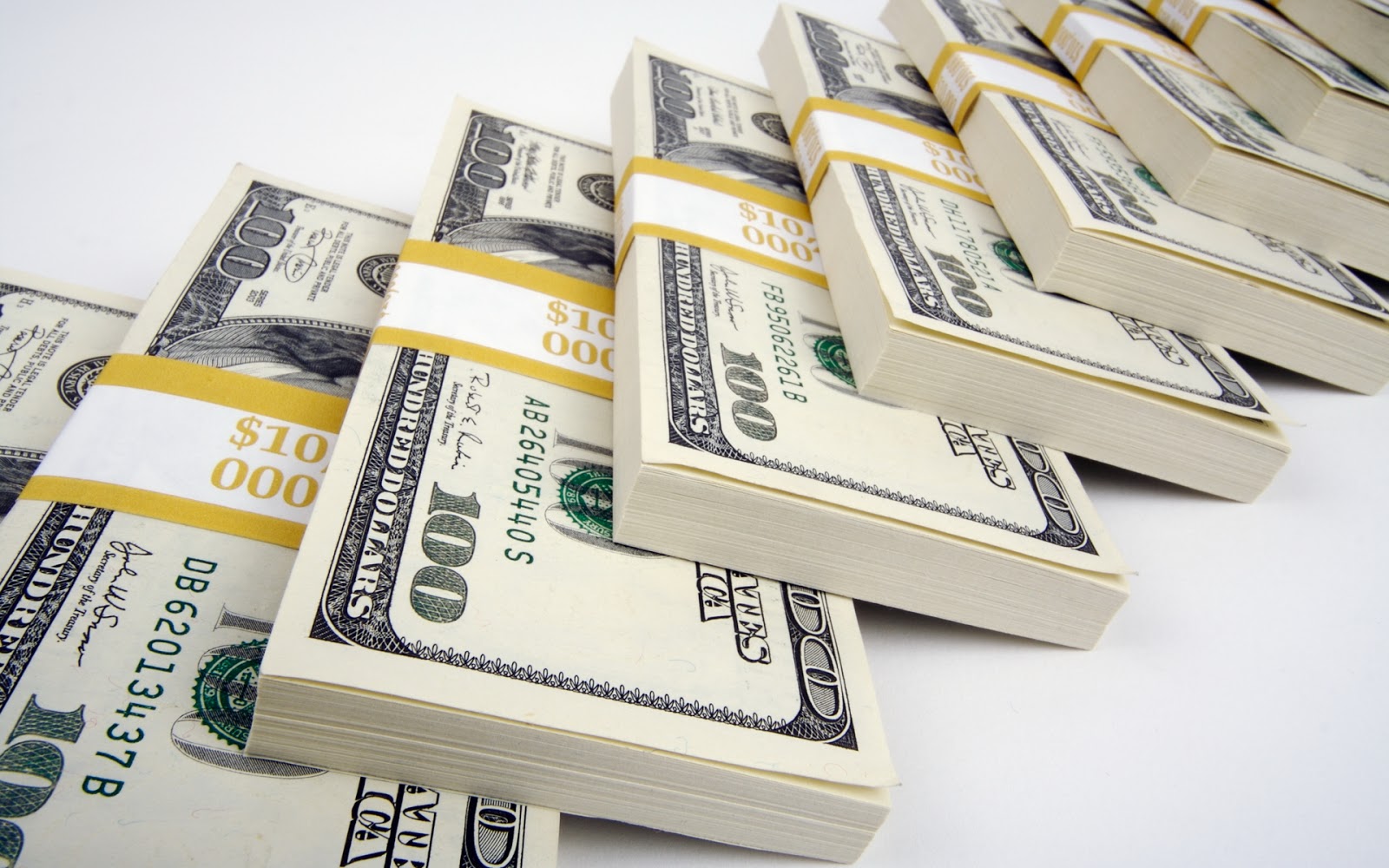When the global oil price crashed in 2014, Nigeria was one of the hardest-hit economies due to its over-dependence on oil as a revenue source. Nigeria’s economy was also affected by China’s economic slowdown, as well as the United States’ rate hike. In order to save the economy from a total collapse, the Central Bank of Nigeria (CBN) put stringent monetary policies in place, which saw investors pulling out of the country.
However, the economic condition of Nigeria has taken a new twist as the country has seen a tremendous growth in its economy. The country is out of recession, the inflation rate has dropped further and Investors confidence in the country has improved. This has led to an increase in the country’s forex reserve, which in turn has helped stabilize the Naira.
Below is the Ventures Africa Weekly Economic Index, for the week ending 12th of January 2018. This economic index gives you a glimpse into the recent activities in Nigeria’s economy as well as changes that could affect the economy:
How did the Nigerian Stock Market perform?
According to the recent data released by the Nigerian Stock Exchange (NSE), as of 12th January 2018, the all share index decreased by 10.21 percent from the previous week ending 5th January 2018. Market capitalization at the close of trading during the week under review was N15.368 trillion, which is a 10.95 percent increase from N113.851 trillion recorded the previous week. The All Share Index for the week under review closed at 42,898.90.
Top five price Gainers and Decliners in the week under review:
Top five price gainers
- Honeywell Flour Mill Plc
- Skye Bank Plc
- Champion Brewing Company
- Sterling Bank Plc
- Diamond Bank Plc
Top five price decliners
- Meyer Plc.
- Glaxo Smithkline Consumer Nig. Plc.
- Dangote Sugar Refinery Plc
- Uacn Property Development Co. Limited
- Flour Mills Nig. Plc.
How did the price of oil fare?
According to the OPEC weekly basket price, the price of crude oil increased from $65.86 per barrel to $67.17 per barrel between 5th of January 2018 and 12th of January 2018. During the week under review, oil prices reached its highest in three years.
According to a report, analysts and traders have been warning of the risks of a downward price correction since the start of the year, they point out that overall market conditions remain strong, largely due to ongoing production cuts led by the Organization of the Petroleum Exporting Countries (OPEC) and Russia.
This has contributed to a fall in Singapore refinery profit margins to below $6 per barrel this month, their lowest seasonal level in five years.
Fuel price hedging company Global Risk Management said in its 2018 outlook that “the likelihood of elevated oil prices this year seems imminent”, largely due to the ongoing supply cuts led by OPEC and Russia as well as political risk especially in Iran, Venezuela and Libya.
How high is Nigeria’s foreign reserve?
Data from the website of the Central Bank of Nigeria reveals that as of 11th of January 2018, Nigeria’s external reserve increased by $401,119,616 to $39,476,089,012 from $ 39,074,969,396 recorded on 4th of January 2018.
According to Thisday, the acting Director in charge of Corporate Communications at the CBN, Isaac Okorafor, attributed the reserves accretion to the Bank’s strategy to effectively manage forex demand by various sectors of the economy. He further stated that the CBN policy had ensured a decline in Nigeria’s import bill from over $5 billion monthly in 2015 to about $1.5 billion in 2017.
What major decisions did the Central Bank make?
The Central Bank of Nigeria (CBN) on the 9th of January 2018, threatened to impose N10, 000 daily fine on banks and other electronic payment service providers that fail to renew its operating license within the regulatory deadline. This was made known in a circular titled, “Re: Sanctions on erring banks/e-payment service providers for infractions of payment system rules and regulations,” signed by Mr Dipo Fatokun, Director, Banking and Payment System Department (BPSD).
How did the Naira fare?
During the week under review, the Naira remained unchanged against the dollar at the parallel market as it still sold at N363/$ on Friday 12th of January 2018.













